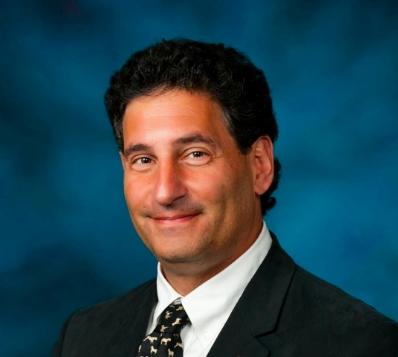Columns share an author’s personal perspective.
*****
Q: Are the COVID19 deaths overcounted, and should I be more worried about the flu?
A: The short answer is that the COVID-19 deaths in the United States are actually undercounted. And yes, it is a good time to start to think about and prepare for the flu as well.
First, let’s address the issue of the number of deaths from COVID-19. There is misinformation out there that says deaths are being overcounted, and that is simply not true. How do we know this? Well, there are multiple ways, but as a picture is worth a thousand words please go to page 13 of www.gehccommandcenter.com/covidexcessdeaths20Aug2020 (courtesy of General Electric Healthcare Command Center as compiled from data from the Centers for Disease Control at https://data.cdc.gov/NCHS/Weekly-counts-of-deaths-by-jurisdiction-and-age-gr/y5bj-9g5w). This graph shows that the number of deaths week by week in the United States from 2015 through February 2020 are closely clustered, and that there is not that much variation from year to year, although there is clearly a bump in January of 2018 which was a particularly bad flu season. However, now look at the deaths for 2020 in red, with an off-the-charts spike in late March which is still continuing. This is the time period that deaths in the U.S. from COVID-19 began.
So yes, the deaths from COVID-19 are very real. Now, how can we say they are actually undercounted? For this, we can look at the data plotted by the Washington Post. Here the same spike you see in the above graph for late March to early April 2020 is also plotted, along with the number of deaths that were attributed to COVID-19. You can see that there are many “excess deaths” beyond those that would be anticipated based on prior years PLUS the deaths attributed to COVID-19. These are clearly deaths due to COVID-19 (directly or indirectly) that were not “counted” as COVID-19 deaths because the death certificates did not list COVID-19 as a cause (many of these likely because COVID-19 testing was not done to confirm it as a cause of death).
So, what does all this have to do with the flu? Once again, look at the smaller spike in deaths from January 2018 which was due to the flu. Not only will flu deaths be in addition to COVID-19 deaths, but one infection may weaken the immune system of a patient making them even more susceptible to getting infected by and suffering complications from the other infection. Furthermore, the health care system (including doctor visits, emergency department visits and hospitalizations, in addition to deaths) is always challenged during the flu season. Adding COVID-19 cases to this is very concerning!
In a non-COVID-19 year, the United States on average has 200,000 people hospitalized and 20,000 to 35,000 deaths from the flu. The symptoms of the flu include fever, sore throat, cough, body aches, congestion/runny nose, fatigue, headaches, and/or vomiting and diarrhea, incredibly similar to COVID-19 (although the death rate from COVID19 is much higher than for the flu). The Centers for Disease Control and Prevention recommends the flu vaccine for everyone over the age of 6 months, yet less than half of eligible Americans get it. We need to do much better this year!
The same precautions that minimize the spread of COVID-19 – social distancing, wearing a mask, washing your hands, staying home if you are sick or think you may have been exposed – will also help minimize the spread of the flu. In addition, this year’s flu vaccine is already available. And there is hope we will have a COVID-19 vaccine soon, most realistically by late winter or early next spring. But we all need to get our flu shots soon!
The take-home messages are:
• Deaths from COVID-19 are real; please ignore the political propaganda and look at the facts. The United States, at least in part because of this ridiculous political denial, is not doing a good job addressing the pandemic. Please, socially distance, wear a mask, wash your hands, and self-quarantine if you are sick or think you may have been exposed!
• Get your flu shot!
Jeff Hersh, Ph.D., M.D., can be reached at DrHersh@juno.com.

Devoted web advocate. Bacon scholar. Internet lover. Passionate twitteraholic. Unable to type with boxing gloves on. Lifelong beer fanatic.





